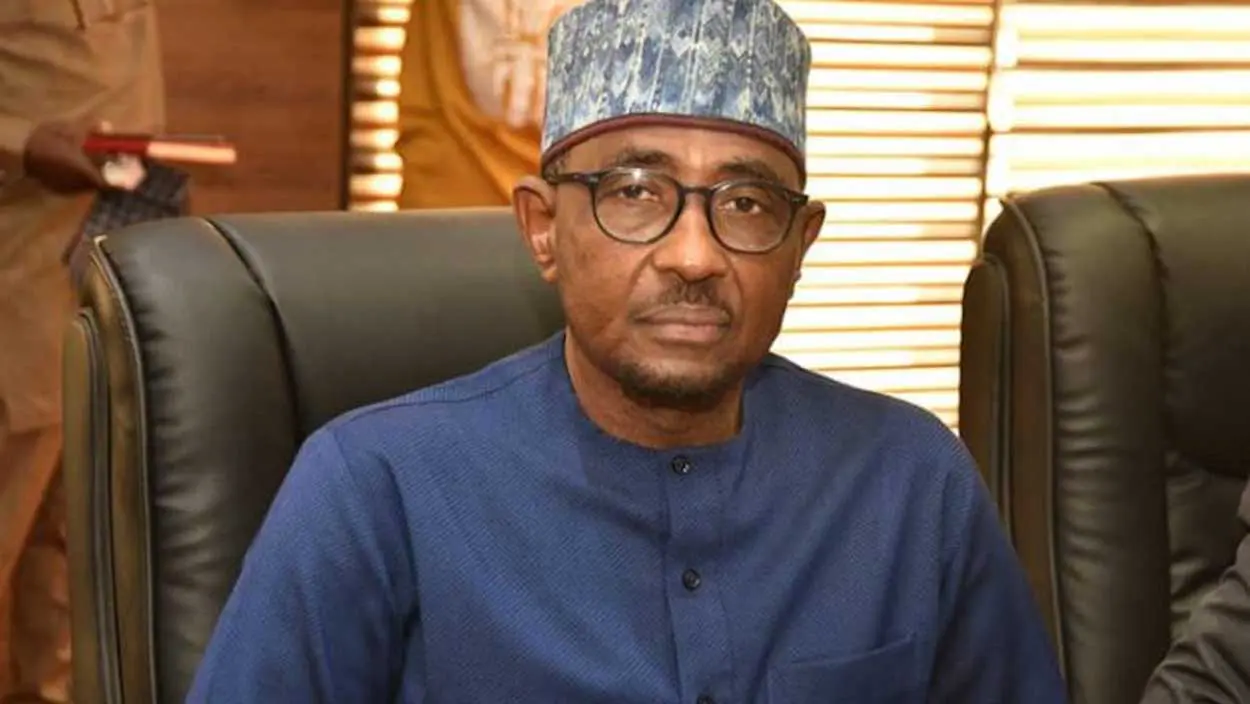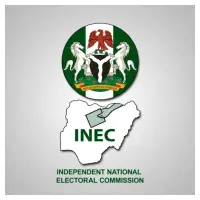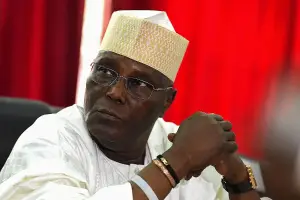About 500 public interest lawyers on Monday stormed the Presidential Villa and National Assembly with a petition against Ahmed Farouk, the Chief Executive Officer of the Nigerian Midstream and Downstream Petroleum Regulatory Authority (NMDPRA).
The lawyers, accompanied by members of several civil society organizations, have been protesting for days, demanding immediate investigation into serious corruption allegations against Farouk, including abuse of office and conflict of interest.
Speaking on behalf of the legal professionals, Samuel Ihensekhien alleged that Farouk had fled the country to evade potential arrest. According to Ihensekhien, the NMDPRA boss allegedly diverted $5 million in public funds to pay for his children's education at prestigious foreign universities.
"This flagrant misuse of public resources, at a time when millions of Nigerians suffer from deteriorating public education infrastructure, is both morally reprehensible and criminally indictable," Ihensekhien stated.
"The actions of Mr. Ahmed represent a clear abuse of office, a betrayal of the Nigerian people's trust, and a severe breach of the fiduciary duty required of all public servants," he added.
Demands for Action and Reform
The petitioners have outlined several demands, including:
Immediate investigation by the National Assembly
Recommendation for Farouk's immediate dismissal and suspension
Freezing of all local and offshore assets belonging to the NMDPRA CEO
Comprehensive reforms in the appointment process for regulatory agency heads in the oil and gas sector
The petition has received backing from multiple civil society organizations, including the Situation Room for Oil Sector Reforms, the Concerned Young Professionals Network, and the Coalition for Public Accountability (COPA). These groups have been holding protests calling for Farouk's suspension and prosecution.
The petitioners emphasized that Farouk's continued occupation of his position threatens transparency, accountability, and reforms in Nigeria's petroleum sector, which remains crucial to the nation's economy.
This development comes amid increasing scrutiny of leadership in Nigeria's oil and gas regulatory bodies, with calls for greater accountability in a sector that generates significant revenue for the country.
Stay updated on this developing story by following BenriNews on our social media platforms: Facebook, Twitter, LinkedIn, WhatsApp, and Telegram.











